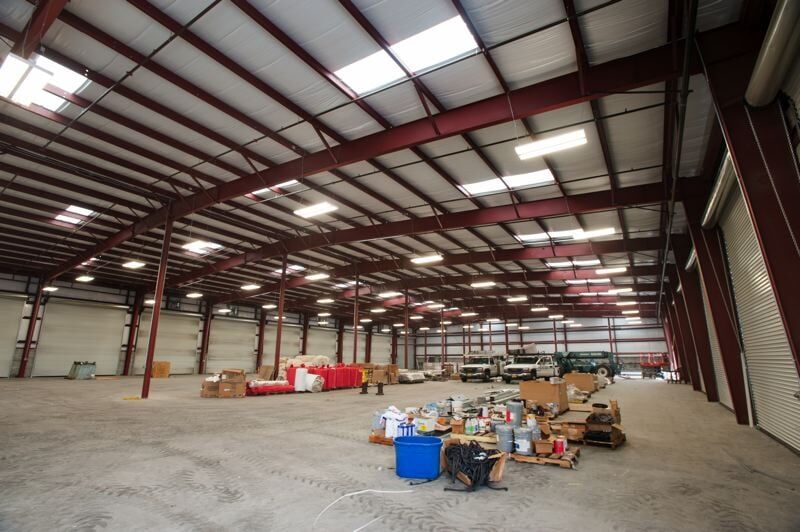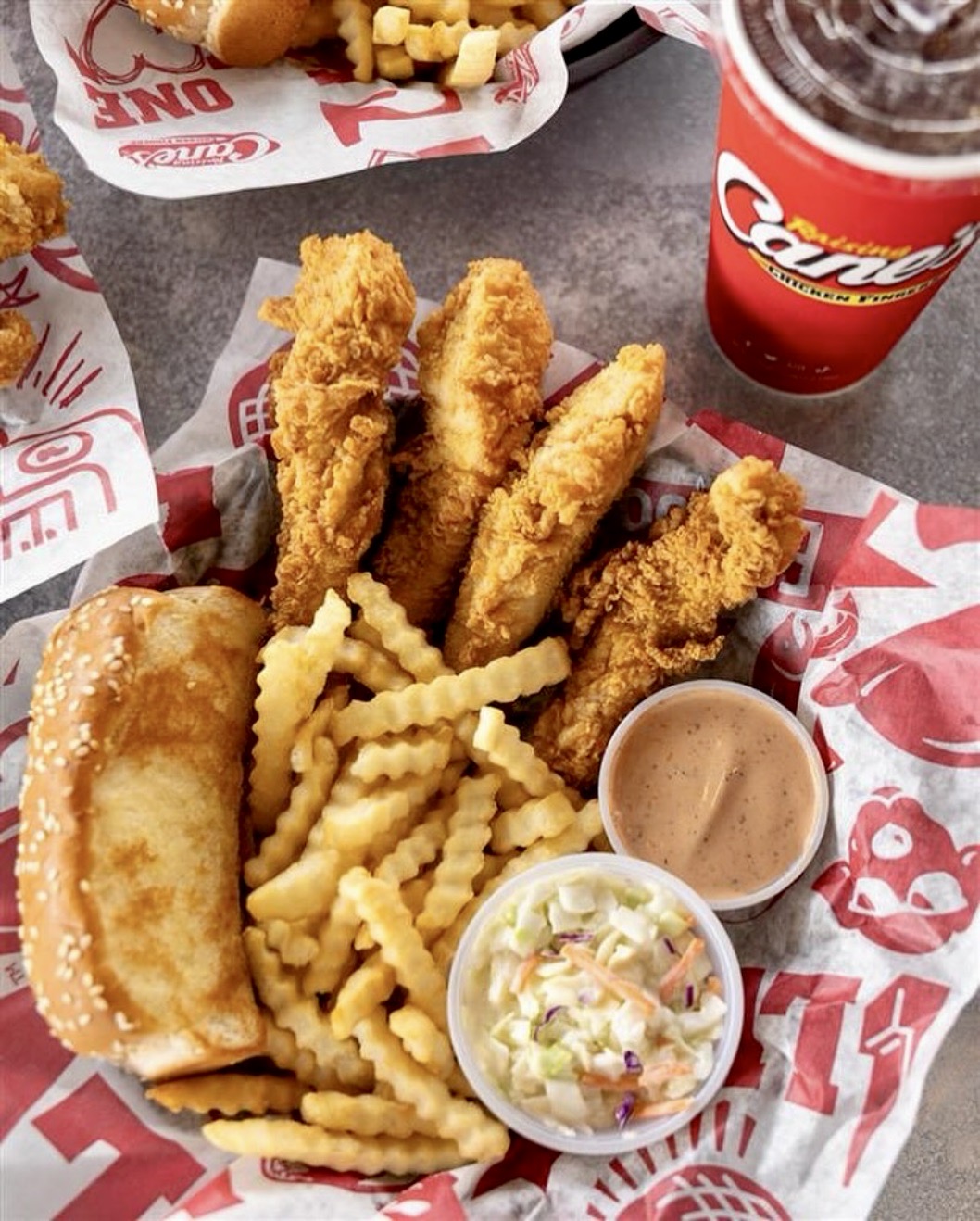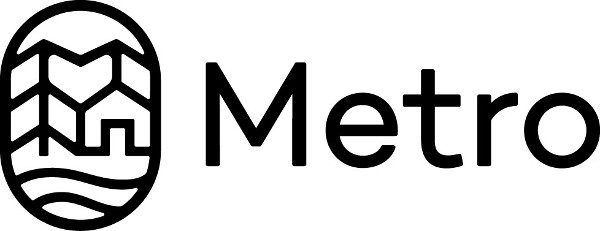TEC Equipment keeps on truckin’
Published 12:00 am Tuesday, November 18, 2014

- TEC Equipment crews are nearing completion of the companys new 48,000 sq. ft. Portland trailer sales and service facility. The company builds all of its own projects.
When Portland’s TEC Equipment bought the west coast franchise rights to the Wabash line of truck trailers, they promised the manufacturer an annual sales gain of 20 percent.
Trending
They were a little off on their estimate. In the first quarter of sales, they more than doubled the number of units sold to over 1,400.
That number is poised to grow even further, when they complete a new 48,000 sq. ft. trailer sales and service facility in northeast Portland.
“We know how to run retail operations,” says David Thompson, TEC’s President and chairman of the board. In addition to the Portland location, TEC took over Wabash-owned facilities in Sacramento and Fontana, California.
Trending
“Wabash owns 40 percent of the truck trailer market,” Thompson says, and now a large percentage of their production is now sold through TEC Equipment. “We can’t get inventory fast enough,” he adds.
With the recent expansion, TEC expects to carry between 400 and 500 trailers in stock across their dealer network. What’s more, the move into selling truck trailers seemed a natural move.
“We’ve got the relationship already with the customer,” says Thompson. He likens it to the company’s moves into financing, leasing and insurance where they were able to build on current customer relationships with new product offerings. In addition to the Wabash box and refrigerated vans, the new offerings include Transcraft and Benson platform trailers.
“We’re leveraging our footprint and our facility count, and we can now package a trailer with a truck,” says son David O. Thompson. “We already have the infrastructure behind it. Now we have a product and a focus.”
After driving trucks to work through college, Thompson started TEC Equipment in 1976. He bought and sold used trucks and trailers with the help of a $19,000 “character loan” from Monroe Jubitz, founder of Portland’s massive Jubitz truck stop. He quickly paid that loan back, and in 1989 TEC Equipment became a franchised dealer for Mack trucks.
“I was just a business guy that happened to be in the truck business,” he says.
Now TEC equipment operates 22 stores along the I-5 corridor from Canada to Mexico and in Nevada. Along the way, they became a dealer for Volvo Trucks and are currently the largest privately held Volvo/Mack dealership in the world. In addition to selling new and used trucks, the company has successful parts, leasing and insurance businesses.
Two of their locations, including their headquarters, are in Portland, and one is in Wilsonville. TEC Equipment has its own project division that plans and builds company facilities, and they own the property for all but one of their locations. They’ve been named national dealer group of the year twice since 2007, and employ 1,100 people across their 1,300 mile-long territory.
Thompson’s three sons have come into the enterprise and are helping to shape its future with plans for them to eventually operate the company. William, Chris, and David O. Thompson are all graduates of the Oregon State University business school, and each has worked various jobs around the company since they were each 14 years old. Now 22, 24, and 26 respectively, they are moving into positions with greater responsibilities towards the company’s bottom line.
The U.S. economy drives freight tonnage, and freight tonnage drives the demand for trucks and trailers. Studies by the American Trucking Association show the 69.1 percent of all domestic freight tonnage was moved by truck in 2013, and that market share is increasing. The trucking industry moved 9.7 billion tons of freight in 2013, according to the ATA.
According the American Truck Dealers trade association, heavy truck sales were up 19.4 percent for the year at the end of September. Sales of Volvo trucks were up 38.9 percent over the same time last year.
Trailer sales are also surging, as buyers look to replace aging equipment and anticipate a long period of sustained market growth.
The senior Thompson has seen the business and customers change over time. Dealers were once small mechanic’s shops that were awarded a franchise simply because they were good at repairing trucks. Today, modern dealerships are full-service, professionally run businesses operating in a highly competitive environment, with a large number of locations over which to spread out administrative costs.
“If you’re going to be in this business, you have to have more than one location,” says Thompson.
Likewise, the customers have changed.
“They’re being business guys,” says Thompson. “They’re not the old cowboy that was on the road before them. That guy’s going away.” The modern customer cares more about the precise fuel economy of the truck, rather than the chrome bling of the past, he says. “Volvo led that charge to safety and aerodynamics,” he says and that’s driving both new truck and used trucks sales.
John M. Vincent can be reached at: JMVincent2848@gmail.com or
@OregonsCarGuy on Twitter.







